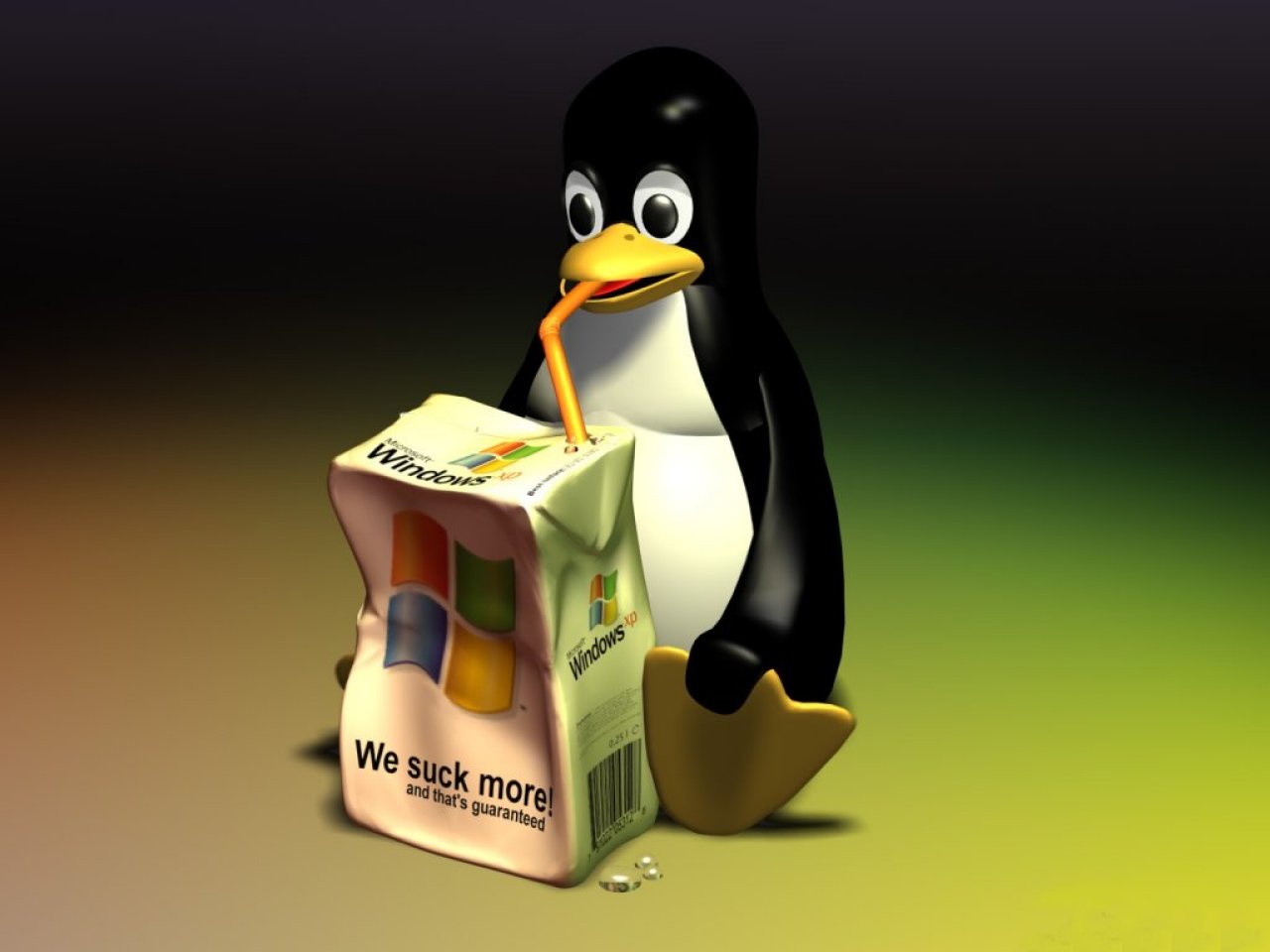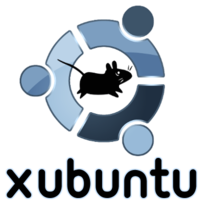Current market share and reasons
 Estimates of Windows XP use are between 13% and 21% of all computers surfing on the Internet. Use of Windows 8 is certainly far less. Yet Microsoft - one of the largest computer companies in the world decides to stop fixing security holes and bugs in it. Thus forcing their users to abandon their computer hardware, invest in new hardware and software and creating an enormous pile of e-waste in the process.
Estimates of Windows XP use are between 13% and 21% of all computers surfing on the Internet. Use of Windows 8 is certainly far less. Yet Microsoft - one of the largest computer companies in the world decides to stop fixing security holes and bugs in it. Thus forcing their users to abandon their computer hardware, invest in new hardware and software and creating an enormous pile of e-waste in the process.The impact on the amount of users and the planet must be enormous.
Microsoft is showing - according to us - an incredible amount of disrespect towards hundreds of million loyal users who are used to using the system day in and day out. Out of commercial interest they force people to change and throw away valuable hardware. "After 8th of April 2014, there will be no new security updates, non-security hotfixes, free or paid assisted support options or online technical content updates," the company points out.
This means that e-banking software will no longer be supported on Windows XP, antivirus companies will end their support, re-installation will become impossible and users will experience further increased risks of privacy invasions and cracking.
 The software bugs and security holes created in Windows XP due to incompetence always forced the users to run expensive Antivirus programs, which also slowed their computers down and led to higher energy consumption. But now Microsoft just stops fixing their own created problems. It is the second most used desktop operating system: Windows XP has 29,53% of market share, compared with Windows 7 at 47,53% and Windows 8 at 6,38%. (these numbers are higher because it excludes tablet and phone operating systems like the Linux based Android operating system - currently with more than 1 billion activations the most used operating system in the world).
The software bugs and security holes created in Windows XP due to incompetence always forced the users to run expensive Antivirus programs, which also slowed their computers down and led to higher energy consumption. But now Microsoft just stops fixing their own created problems. It is the second most used desktop operating system: Windows XP has 29,53% of market share, compared with Windows 7 at 47,53% and Windows 8 at 6,38%. (these numbers are higher because it excludes tablet and phone operating systems like the Linux based Android operating system - currently with more than 1 billion activations the most used operating system in the world).
The solution
 The only safe way in which these computers can get a second life, is by installing supported and secure software on them. We advise current Windows XP users to install and use for example the Firefox or Chrome web browser instead of Windows Explorer and LibreOffice instead of Microsoft Office. Once users who do simple things get used to that, changing the underlying operating system from Windows to one of the Linux distributions such as Xubuntu is not that hard to get used to.
The only safe way in which these computers can get a second life, is by installing supported and secure software on them. We advise current Windows XP users to install and use for example the Firefox or Chrome web browser instead of Windows Explorer and LibreOffice instead of Microsoft Office. Once users who do simple things get used to that, changing the underlying operating system from Windows to one of the Linux distributions such as Xubuntu is not that hard to get used to.
Power users who are used to using hundreds of different programs under Windows will however have a harder time adapting to the new Linux operating system. Yet for most of their tasks they will find Free and OpenSource equivalents. Equivalents mean that they will need to invest time to switch and learn the new programs. They can also choose to run certain Windows programs inside Linux using Wine. Wine allows Windows XP programs to run inside Linux.
Companies who have invested time and money in Windows XP software can choose the same road, or opt for a 'thin client approach'. This last one uses Linux to turn the Windows XP machines into Linux based thin clients who connect to a Windows server using Remote Desktop.
This means the company will still need to pay the license fees to Microsoft and the end users are still working in a (newer) Windows environment. It might be in certain cases less difficult to change from XP to that newer Windows environment, but one could argue that in a lot of cases the change from Windows XP to Linux is as big of a change as switching from an old version of Windows to a new version.
In the 'thin client' scenario, the hard drive is not being used anymore, and the PC's can boot Linux from over the Network, if desired. Making management of the PC's easier and possible hardware failures less probable. It also leaves the option open to just change the boot device in the BIOS and return to the old Windows XP.
Failed hardware can also be replaced with cheap, small low-power Linux devices such as the 35 Euro Raspberry Pi, recycling the keyboard and monitor.
Commercial Support
 Linux Belgium supports companies from at least 40 desktop PCs in their efforts to migrate to a Linux based infrastructure. In the Gent area the startup iTronica provides similar services for individuals and small to medium businesses.
Linux Belgium is a company which sells Linux services to corporations and government institutions. We promote Linux and OpenSource software adoption across the entire computing spectrum. We have a focus on electronic rights and focus on Free Speech, Fair Use, Innovation, Privacy and Transparency.
Linux Belgium supports companies from at least 40 desktop PCs in their efforts to migrate to a Linux based infrastructure. In the Gent area the startup iTronica provides similar services for individuals and small to medium businesses.
Linux Belgium is a company which sells Linux services to corporations and government institutions. We promote Linux and OpenSource software adoption across the entire computing spectrum. We have a focus on electronic rights and focus on Free Speech, Fair Use, Innovation, Privacy and Transparency.
Contact us to find out how we can assist you.
Full Press Release can be found here. (dutch)

